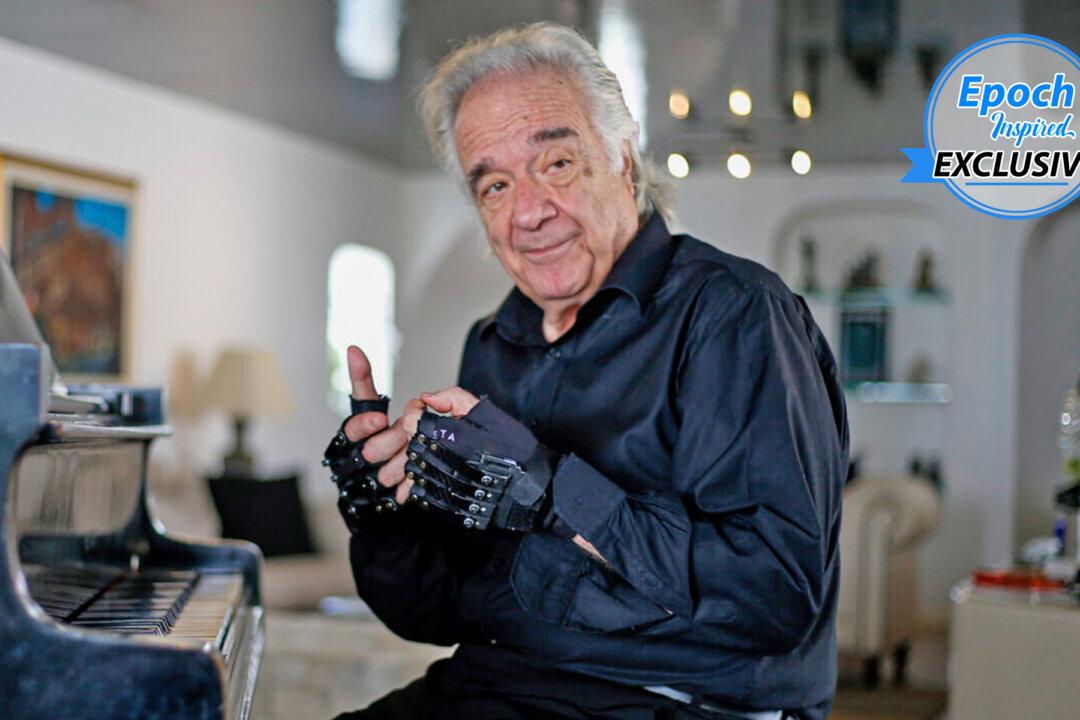A pair of mechanical gloves gifted João Carlos Martins, an acclaimed Brazilian classical pianist and conductor, the precious ability to play his favorite Bach sonatas again after more than two decades.
As a star pianist, Martins has performed across the United States and Europe with leading orchestras before his talented hands were stilled by a degenerative disorder.





